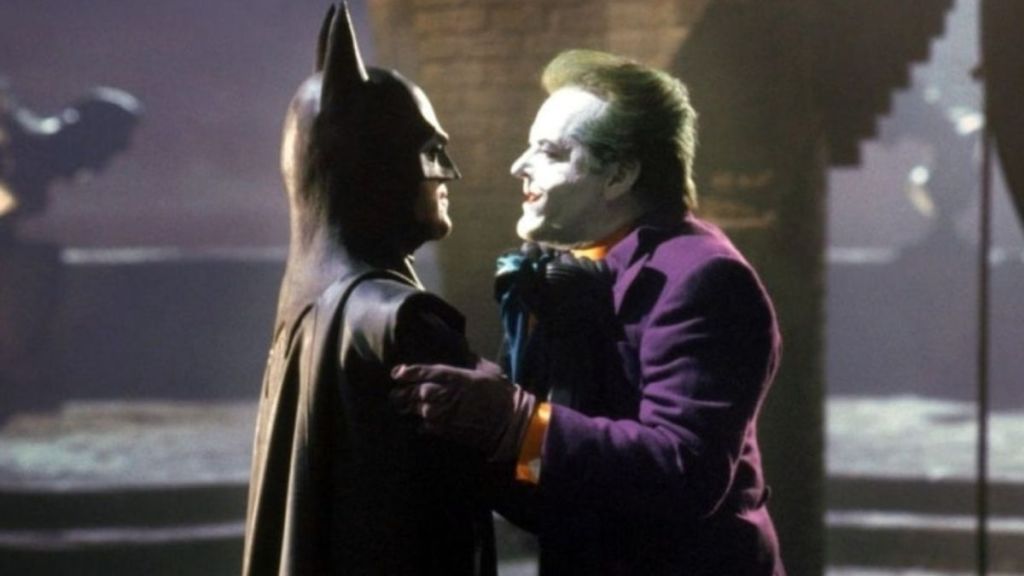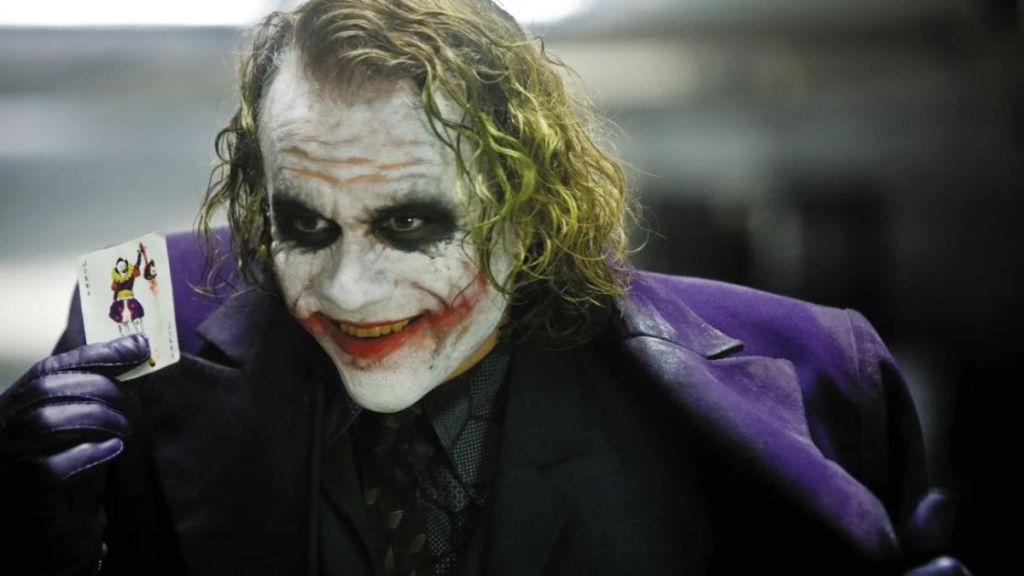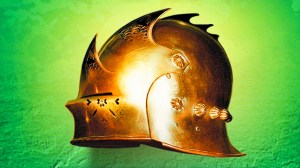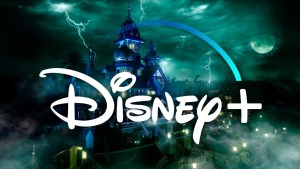For decades, the only big-screen example of a DC property was 1951’s Superman and the Mole Men and 1966’s Batman, a continuation of the TV series. The latter in particular helped emphasize just how seriously the superhero subgenre was taken as a commercially viable product. It wasn’t. It was a silly, jokey diversion at best. But then things changed in 1978 with Superman: The Movie (which is just called Superman equally frequently). It won an Oscar, it made a star of Christopher Reeve, and it made a ton of money. But, more importantly, it was the first step in waking studios up to the fact that DC (and Marvel) had IPs worth exploring.
Videos by ComicBook.com
Of course, it would also take them a while to really explore that notion, but now we’re at a point where we have almost 50 years of DC films under our belts. Some of them have proved to be quite influential on those that followed (and the film industry as a whole), others have been Swamp Thing, Catwoman, and Batman & Robin.
1) Superman (1978)

There’s little doubt Richard Donner’s 1978 Superman movie is important because, to this day, it is serving as the entire blueprint for the cinematic franchise. This was plenty evident in 2006 with Superman Returns, which continued it and Superman II‘s thread instead of starting fresh, but it’s even more evident with James Gunn’s reboot.
The first taste we got of an entire new cinematic universe was a take on John Williams’ iconic score for Donner’s film. And, while that was a signifier that Gunn was holding the ’78 film close to his heart while making his movie, just watching the 2025 movie brings to mind the hopeful, light tone of the original adventure. All of the grimness of Man of Steel and the DCEU is gone, replaced with the story of a man who wants to do the right thing with a smile on his face, even when the world around him makes it difficult.
2) Batman

Brooding, moody, and at one point a big risk for Warner Bros., Tim Burton’s Batman was a bet that paid off big time. At the time, some fans took issue with its departure from some elements of comics lore, but most saw it as the cultural touchstone it was.
Prior to this, there was basically just four Superman movies and Howard the Duck. This was very early in the subgenre’s big screen and the first time it showed that it was a subgenre that could include a gothic world with real stakes and still be an entertaining summer blockbuster to boot. And, while Superman and Superman and Superman II‘s success helped, this was really the one that encouraged Hollywood to take the subgenre seriously. There’s nothing like massive sales receipts to inspire confidence.
3) The Dark Knight

The Dark Knight showed that a superhero could be, well, dark, and work. And not just work, it could be an Oscar contender, one that is both extremely profitable and an elevation of its subgenre.
Plenty of superhero movies have tried to emulate its tone and ensuing success since. There’s an argument to be made that’s what most of the DCEU was. The difference is, The Dark Knight had a stronger gut-punch of a story at its core than even the best installments of that cinematic universe.
4) Wonder Woman

The DCEU was rife with more failures than outright successes, but Wonder Woman was decidedly one of the latter. It was also quite important in having greater representation in superhero cinema. Sure, Supergirl, Catwoman, and Elektra came before this but all three of those were very much low-rent projects.
This one had studio confidence fueling it. It had the biggest budget for a female-led superhero movie up to that point (Supergirl had a lower price tag than the three Christopher Reeve movies that preceded it and Elektra‘s was about 60% of Daredevil‘s, though Catwoman had a bafflingly high $100 million behind it), it had a massive marketing campaign, and Warner Bros. seemed to have a good relationship with Patty Jenkins. And, while the third act goes off the rails a bit, the result stands as one of the DCEU’s high points. It was also important because, even though the MCU had started five years prior to the DCEU, it was the DCEU that got around to having a movie led by a woman first. The MCU didn’t get to that point until two years later with Captain Marvel. Wonder Woman’s inclusion in the DCU seems inevitable and the question is, will it stick the landing as well as Jenkins did in 2017?









